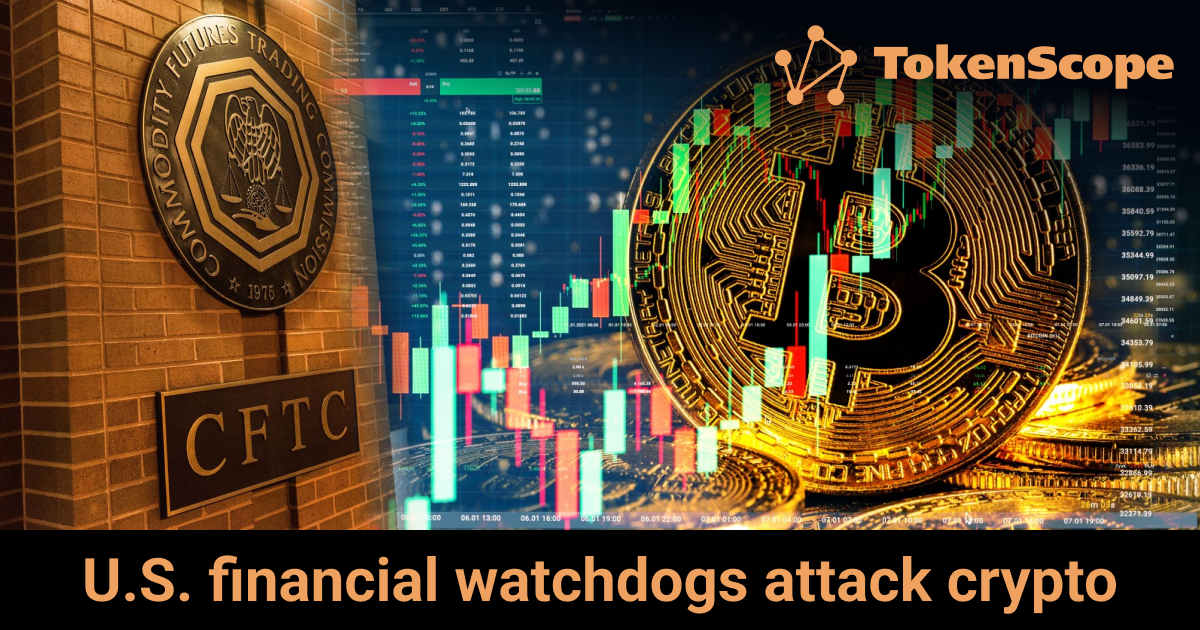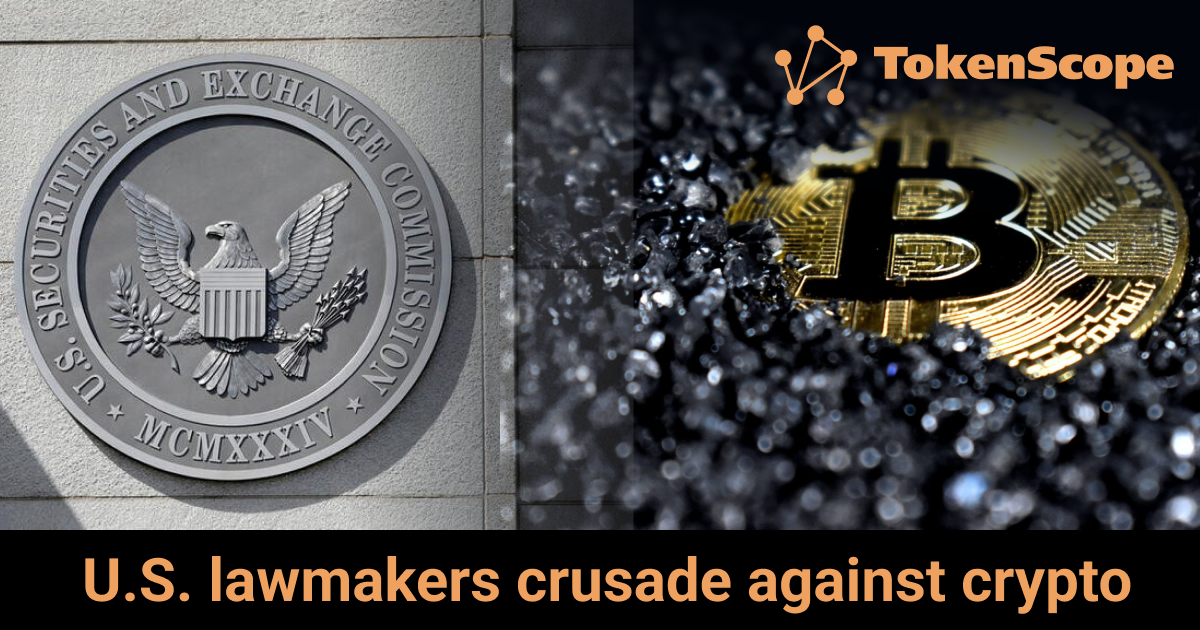Crypto regulation in the world: weekly digest #35

USA
Last week we mentioned problems of the US-based Silvergate Bank, which was the largest crypto lender until its collapse. The Bank has ceased operations due to lack of capital and plans to initiate liquidation procedures. This news led to a drop in the price of Bitcoin and a decrease in the capitalization of the whole crypto market. Following Silvergate, Californian financial regulator has closed down Silicon Valley Bank (SVB) and put it under the control of the Federal Deposit Insurance Corporation (FDIC). SVB collapsed Friday morning after a stunning 48 hours in which a bank run and a capital crisis led to the second-largest failure of a financial institution in U.S. history. Same as Silvergate SVB focused on businesses with IT startups, mainly from the crypto currency industry.
The problems of the SVB also led to the crisis of the largest stablecoins in terms of capitalization, USDC and Dai. The fact is that about 8% of USDC reserves were stored by the stablecoin’s issuer Circle in Silicon Valley Bank. Circle in its Twitter stated that SVB stored about $3.3 billion of its total $40 billion reserves. Even before the announcement of the bank’s shutting down, the company tried to withdraw its money, but failed, and now they may be partially lost as only $250.000 of every deposit are backed by the FDIC. The FDIC has already announced Friday afternoon that customers who had up to $250,000 per account deposited with SVB, which was the nation's 16th-largest bank, will have access to their funds by Monday morning.
As a result, the USDC has lost its peg against the dollar and fell by more than 10%. Subsequently, the value of the stablecoin partially recovered to $0.96, but on Sunday the plunge continued, despite the Circle’s statement about its full readiness to fulfill its financial obligations.
In addition to the USDC, the decentralized stablecoin DAI also suffered, as half of its collateral are backed by USDC. It will be clear next week whether the Circle will cope with the problem and whether the USDC will return to the US dollar peg.
UAE
The government of Ras Al Khaimah (RAK), one of the emirates of the UAE, plans to create a new free economic zone for companies in the digital asset industry. RAK Digital Assets Oasis will be targeted at digital and virtual asset companies. First, virtual assets services providers, metaverses, NFTs, DAOs and other web3 initiatives are invited.
The RAK Digital Assets Oasis opening is scheduled for the second half of this year. The Emirate is developing all the necessary infrastructure for the life and work of both young companies and their employees.
Companies can get advisory support or obtain hybrid workspaces, access to financing and a comfortable business environment. It will be possible to register and operate in this zone in a partially remote format.
The UAE government is heavily investing in the development of the digital sector of the economy. To support its development, regulators in the country are creating framework to streamline oversight of the industry. In March 2022, Dubai passed a law on virtual assets and established a regulatory body, the Virtual Assets Regulatory Authority (VARA).
Comprehensive new rules for virtual asset service providers came into effect this February.
China
The authorities of China are planning to set up a new financial watchdog - the National Financial Regulatory Administration that will assume the powers of the China Banking and Insurance Regulatory Commission (CBIRC).
The new regulator will also take over some of the responsibilities of the People’s Bank of China (PBC), and will also carry out the supervision of the cryptocurrency industry. The sector is currently controlled by the CBIRC, the PBC, the Securities Regulatory Commission (CSRC) and the Financial Stability and Development Committee of the State Council.
The new body will report to the State Council, and will be responsible for regulating the entire financial industry, including the cryptocurrency area. China is strengthening oversight of the digital asset industry, which is awaited to boom in Hong Kong this year.
News from other countries:
- The FATF has added South Africa to the «FATF grey list» for insufficient measures to combating money laundering and terrorism financing in the digital asset sector.
- Russian financial authorities plan that national law on the regulation of mining and cryptocurrencies will come into force this summer.
- The Australian financial authorities have decided to shift the deadlines to create VASP legal framework to 2024. The government expects to spend more time studying the industry.
We continue to highlight the news of the world of crypto regulation worldwide. Please stay with us!




